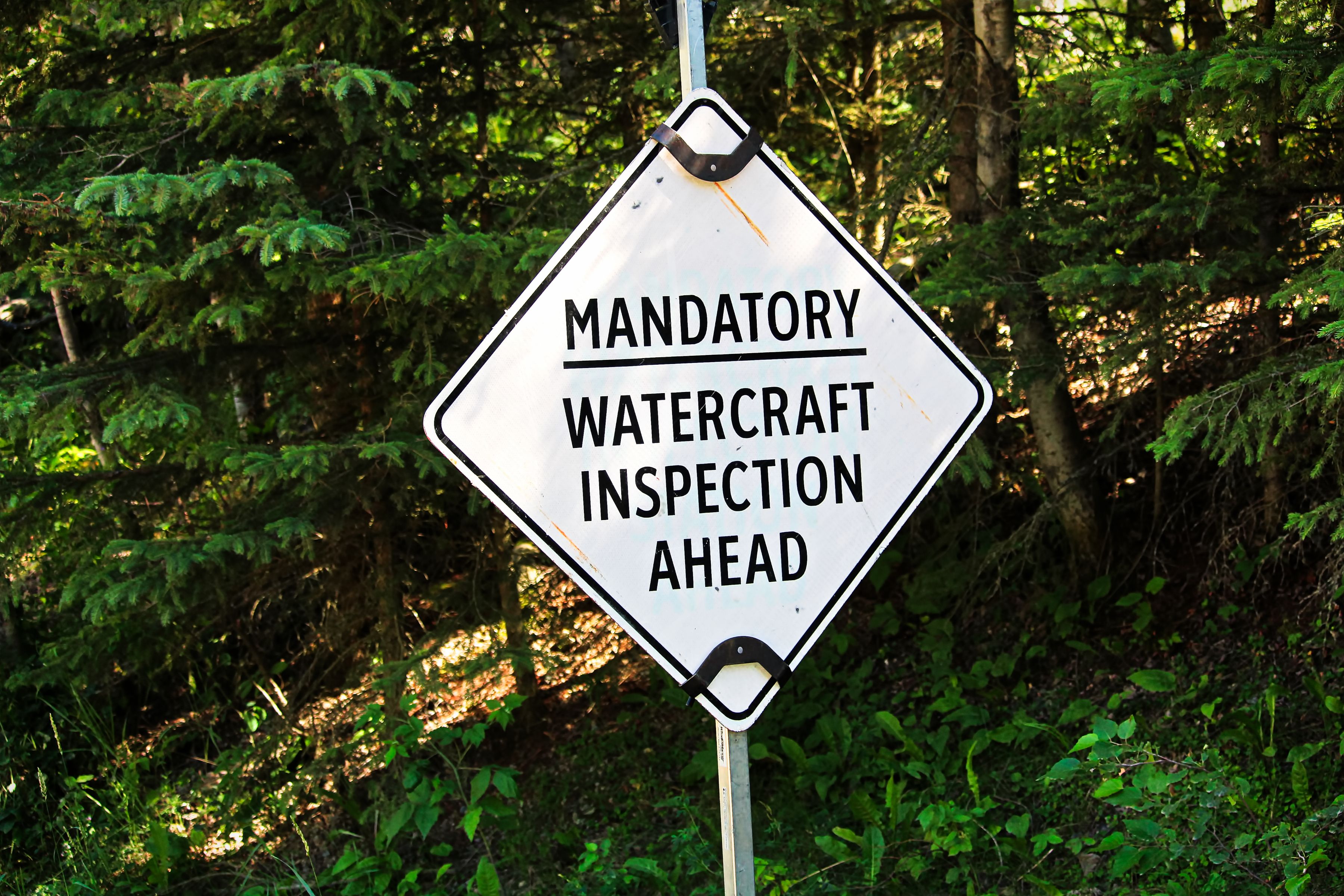The Province of British Columbia has launched its Invasive Mussel Defence Program to prevent harmful zebra and quagga mussels from hitching a boat ride and entering B.C. waterways.
From May 2020 until October 2020, inspectors with the B.C. Conservation Officer Service (COS) will check boats for aquatic invasive species and educate people about the importance of Clean, Drain, and Dry—a preventative step that all boaters should practise when moving between lakes in B.C.
While most provincial boat launches are now open, the Province of B.C. reminds people that now is not the time for non-essential travel and to stay close to home. Due to current travel restrictions, the risk for invasive mussels entering B.C. is expected to be lower.
“We recognize people are eager to get outside and many are ready to head to their favourite lake, but we need to avoid non-essential travel during these unprecedented times and stay close to home,” said George Heyman, minister of environment and climate change strategy. “We are fortunate there have been no reports of quagga and zebra mussels so far in B.C., and we need to make sure it stays that way by ensuring the necessary resources are in place to protect our economy, our infrastructure, and our sensitive ecosystems.”
Piloted in 2015, the Invasive Mussel Defence program consists of three main components: watercraft inspections, lake monitoring, and public outreach and education. The COS enforces the program and has two detection dogs, Kilo and Major. The dogs are primarily on the road searching for invasive mussels at the inspection stations.
In 2019, more than 52,000 inspections were conducted that resulted in 22 mussel-fouled boats coming from Ontario, Michigan, Utah, and North Carolina. The boats were destined for the Lower Mainland, Vancouver Island, Kootenays, Thompson-Nicola, and Skeena regions. The program received advanced notification of 17 of the 22 mussel-fouled boats either from another jurisdiction or by Canada Border Services agents.
“While we are all protecting ourselves during this unusual time, each of us can take simple actions to protect our waters from invasive species,” said Dave Bennett, chair of the Invasive Species Council of B.C. “This weekend kicks off the Clean, Drain, Dry week for Invasive Species Action Month in B.C. Whether you are a paddler, a boater or a fisher, let’s continue to work together and make sure all of our equipment and vehicles are clean, drained, and dry before going to a new waterbody.”
The COS reminds people that it is mandatory for anyone transporting a watercraft (sailboats, motorboats, car toppers, kayaks, canoes, and paddle boats) in B.C. to stop at an open inspection station. Failing to stop can result in a $345 fine. Last year, 116 violation tickets were issued to motorists failing to stop at inspection stations.
To determine if a boat is high risk and should be decontaminated, contact COS.












